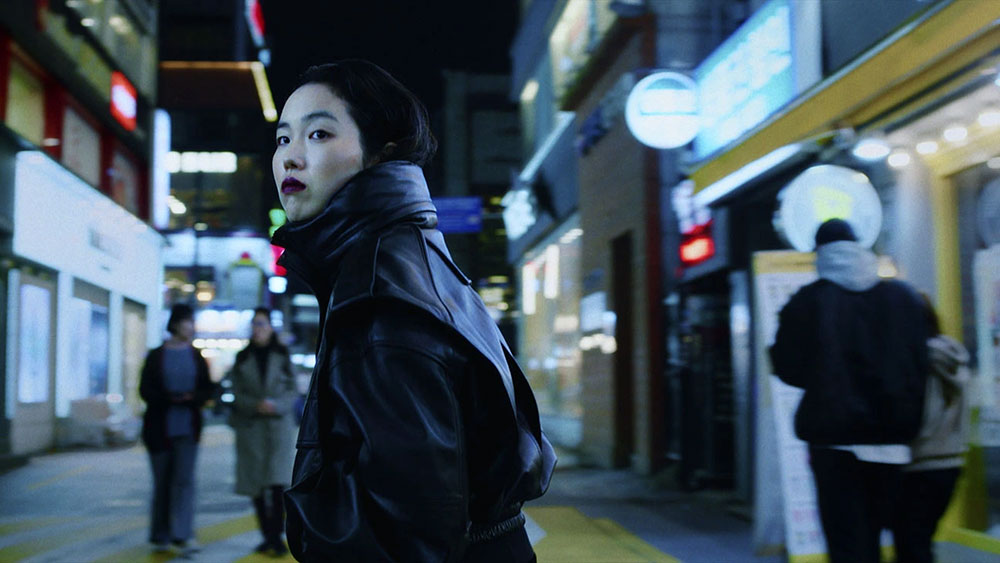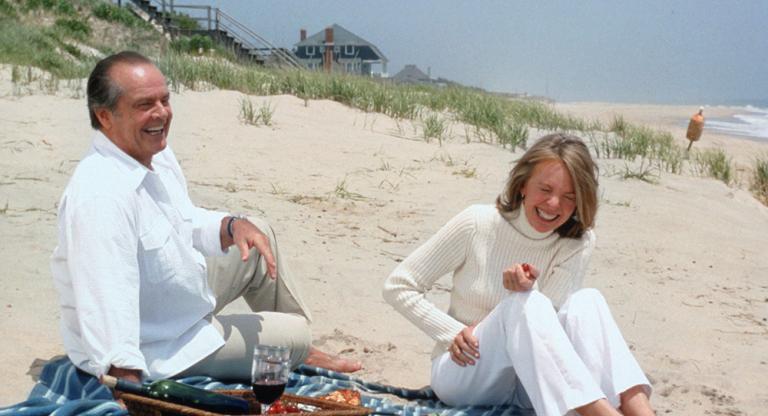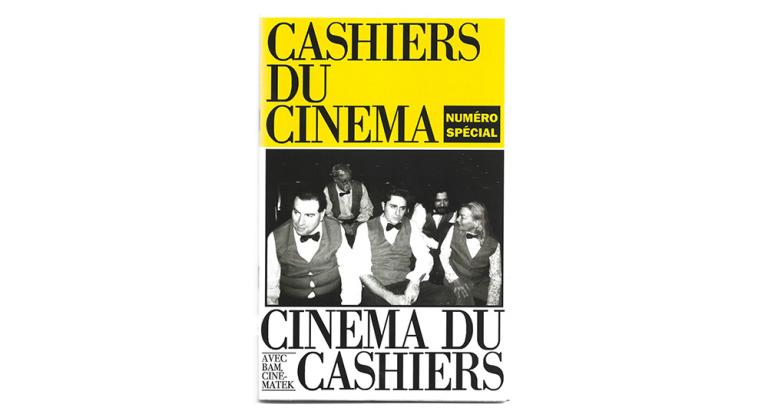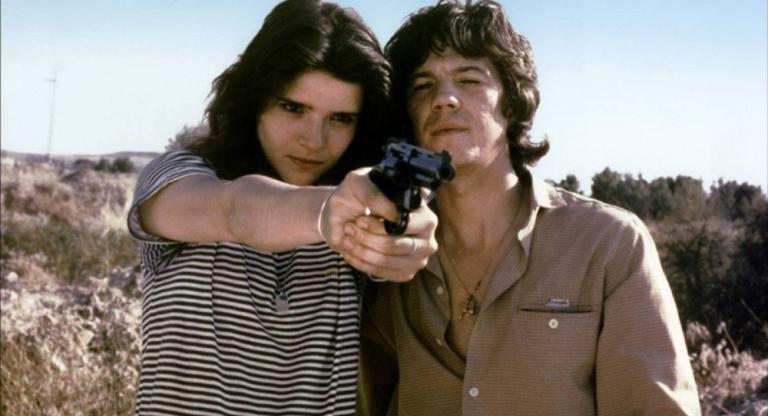In Return to Seoul, written and directed by Davy Chou, Freddie (Park Ji-Min, in her debut) is an unapologetic twenty-something who unexpectedly finds herself back in South Korea after a weather-related flight change en route to Japan. Adopted as an infant and raised in France, Freddie accepts the opportunity to explore where she was born and track down her biological parents. What begins as an inquiry becomes a many-layered search, eliciting both reluctance and longing for Freddie as she moves into adulthood. During her week in Seoul, she contacts her parents through the adoption agency. Her mother does not respond, but her father does, and he invites Freddie to visit and meet his side of the family. A new friend she met earlier on her trip agrees to act as a translator, and Freddie is off.
Return to Seoul explores the twofold meanings, or contradictions, that people and places can hold. In the loaded moment of meeting the family and thereafter, as some things come into focus and others become more confounding, Freddie is a firecracker of ambivalence. Park is extraordinary in containing all of these pregnant moments and interactions: Freddie is both reluctant to stay and side-eye curious about where she is from; she wants to be accepted by her birth family but also hisses at all the things she is morally allergic to; she is incredibly defensive of the person she sees herself as—lest they forget, she is this way because of them. Small actions and few words touch raw nerves between them, further complicated by the language barrier and a translator who is sensitive to unspoken cultural meanings and expected formalities.
This distant dynamic with her father and the increasingly loaded silence from her mother continue into Freddie's thirties, as she dives deeper into her Korean identity, even living there for a time. As she evolves with every age, it seems like Freddie is trying on what-could-have-been in each scene and interaction. However, her growth is not oversimplified: Freddie never becomes a changed person, as is painfully underlined when old psychological patterns and defenses play out. Instead, the sinking acceptance and endless fascination with the unknown that make up where she is from and who she is pulsate throughout the film.
Music, too, is a multifaceted expression of something the characters can't articulate through language or emotion, whether they are reacting to it or performing it themselves. But, especially for Freddie, music also acts as a means of escape, a way to try on different emotions, and as a catalyst for self-sabotage. It’s a scream of what she cannot say out loud and a cloak to wrap herself in when she wants the world to see her as something she's created.
One of the original compositions by Christophe Musset (who scored the film with Jérémie Arcache) is called "All the People You'll Never Be," which hearkens back to the film’s original English title: All the People I’ll Never Be. The resigned and pointed heartbreak tangled up in such an expression via song contains all the multitudes of Freddie, as well as the film’s thesis. Return to Seoul knows that the search for yourself doesn't end with returning to where you were born or meeting your birth parents; if anything, such things leave you with more questions. It knows that “finding yourself” is more of an amorphous looking for that continues until the end. In this world, all the places we’ve been and the places we come from follow us around. Everywhere you go, there you are.
Return to Seoul screens tonight, December 17, at the Museum of Modern Art as part of the series “The Contenders 2022.” See also director Davy Chou’s First Viewings list for Screen Slate.



